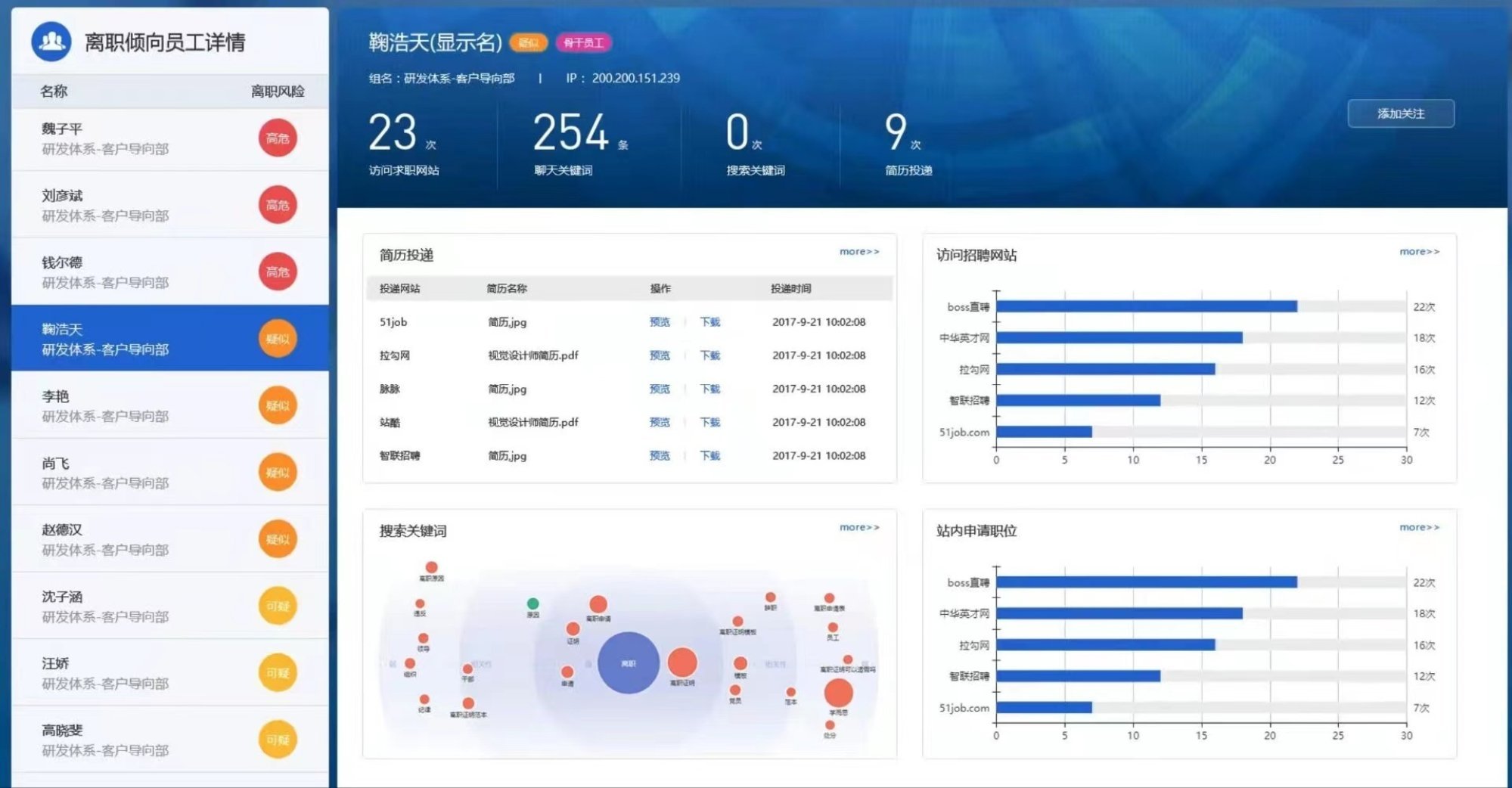FEBRUARY 22, 2022
SOUTH CHINA MORNING POST

Pexels
Ma, 27, recently resigned from her editor position at a private internet company in Beijing for an “iron bowl” job — a Chinese term used to describe a secure position — at a state-owned media company.
Ma’s decision to resign, which surprised her direct supervisor and coworkers, was already known to her manager, who told her he had been aware she was seeking another role since last year when she updated her resume on job search websites.More from AsiaOneRead the condensed version of this story, and other top stories with NewsLite.
“How is that possible?” Ma wondered.
Ma went to great lengths to prevent her employer from knowing that she was seeking another job. She updated her resume at home on her personal computer, scheduled all interviews online, never requested time off for an interview, and performed her duties as usual.

Pexels
Ma, 27, recently resigned from her editor position at a private internet company in Beijing for an “iron bowl” job — a Chinese term used to describe a secure position — at a state-owned media company.
Ma’s decision to resign, which surprised her direct supervisor and coworkers, was already known to her manager, who told her he had been aware she was seeking another role since last year when she updated her resume on job search websites.More from AsiaOneRead the condensed version of this story, and other top stories with NewsLite.
“How is that possible?” Ma wondered.
Ma went to great lengths to prevent her employer from knowing that she was seeking another job. She updated her resume at home on her personal computer, scheduled all interviews online, never requested time off for an interview, and performed her duties as usual.

A screenshot showing employee job hunt tracking software.
PHOTO: South China Morning Post
Until recently Ma thought it would remain under wraps.
A recent news report revealed that another company was using software developed by Sangfor, a Shenzhen-based technology firm, to monitor its employees’ job-seeking activities.
PHOTO: South China Morning Post
Until recently Ma thought it would remain under wraps.
A recent news report revealed that another company was using software developed by Sangfor, a Shenzhen-based technology firm, to monitor its employees’ job-seeking activities.
“Either my company is using the same software, or my manager learned of my job-seeking activities through through a personal network with HRs,” Ma said.
Either way, Ma realised her employer is keeping a close eye on staff.
According to screenshots posted online, the software keeps track of the resumes a person submits and the job search websites they visit.
Based on the data, the software ran an analysis of job-hunting activity and labelled the person’s intention to resign as “suspected” in orange.
Surveillance is more common in Chinese technology behemoths according to employees with many saying they believed they were being monitored by their employers even before the news report about the job hunting software.
“Generally, the computer you’re using has some so-called security software installed that monitors all of your actions,” said a programmer who recently left ByteDance, the company that owns TikTok. “The company can completely record any data about you as long as you are connected to the intranet.”
However, because the final interpretation of the rules rests with the company, employees have no choice but to be cautious.
According to another ByteDance employee, he rarely posts on social media platforms such as WeChat, Weibo, and even Maimai, which allows employees of the tech giants to communicate anonymously.
“Even though it’s claimed to be anonymous, there’s still a chance you’ll be discovered,” he said.
Aside from the technology used, the intertwined networks of tech executives are another weapon in the hands of the companies.
Last year, a programmer at Pinduoduo, China’s largest agriculture-focused technology platform, was fired after anonymously posting a picture of an ambulance waiting outside the company’s building on Maimai with the caption: “Another fierce man has fallen.”
Being spied on has become so prevalent in the tech sector that many people have accepted it as part of their normal working conditions.
“It appears that once you join the company, you have to accept such a fact,” a Didi employee explained. “It has gradually become self-monitoring and reflected in my subconscious reaction to every action; for example, I may spend 0.1 second to think about where some information should be sent and where not.”
Personal information protection is a relatively new concept in China.
According to the Personal Information Protection Law, which was implemented in mainland China in November 2021, companies should inform their employees about the monitoring and obtain their consent first, and failing to do so will constitute illegal handling of personal information, according to Shi Yuhang, a lawyer from Shanghai-based Huiye Law Firm.
However, its application boundaries, according to Shi, are not yet clear.
“I believe that as the number of cases increases, we will be able to see more clearly where the boundaries are and assist workers in protecting their privacy,” Shi said.
This article was first published in South China Morning Post.
No comments:
Post a Comment